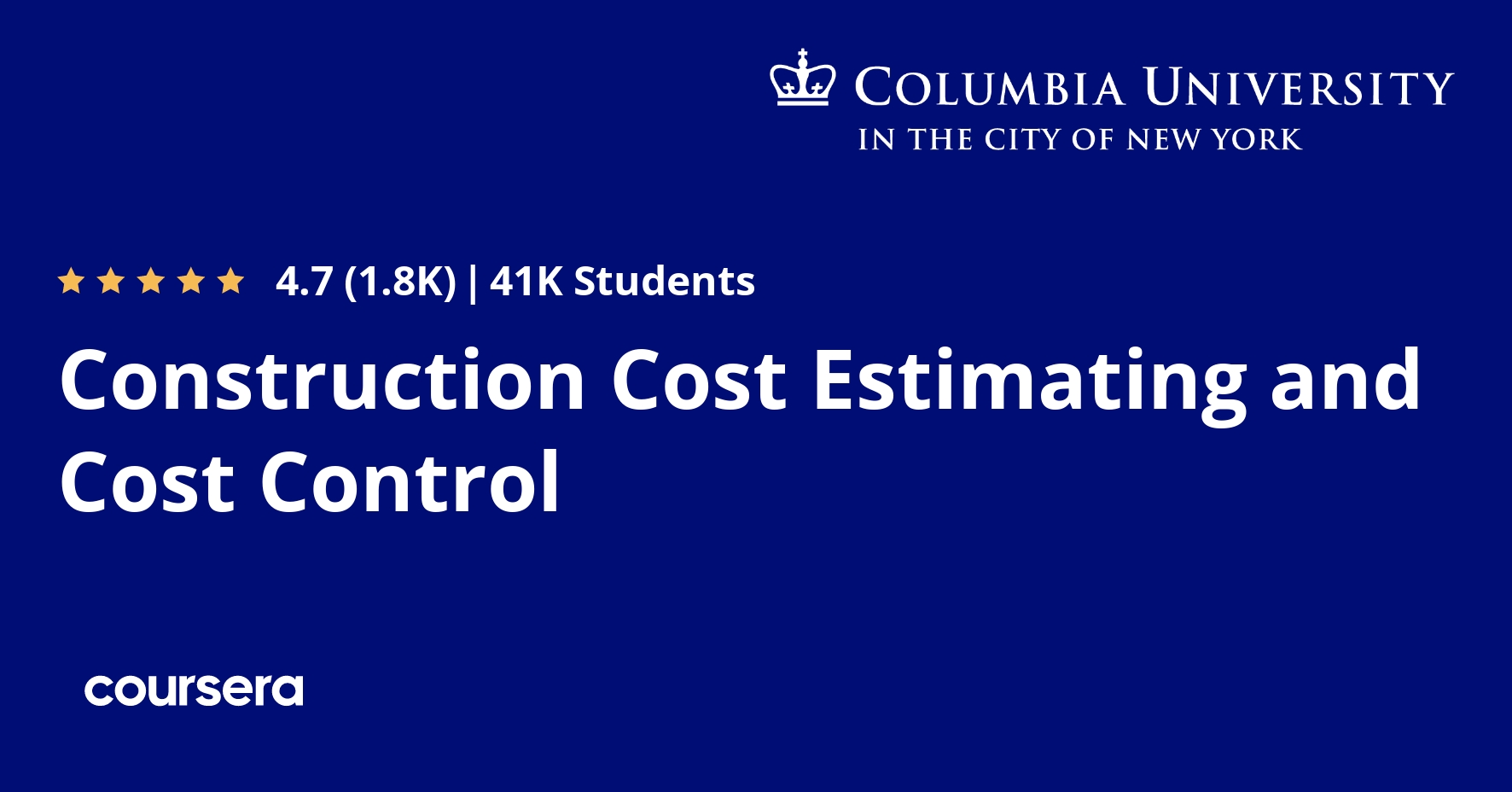Description
Social media connects us across space and time, allowing us to find like-minded communities and participate creatively in public life as never before. We may often use social media without thinking much about the possible consequences. But there is a shadow side associated with social media use, which takes the form of hate speech, increased surveillance, lack of anonymity and questionable use of our data. What do we need to know to use social media spaces effectively, in a way that is safe and productive for all?
This course will guide you into a deeper exploration of online identity, social media communities and their users. You will examine the ways that social media is being used by public institutions such as government to build participation and conversation with audiences. You will encounter the most common ethical debates in social media.
You will also have the opportunity to build your practical skills by developing your professional social media profile, defining your audience, building your social media influence and understanding how to interpret data analytics to “listen” and communicate well.
What you will learn
Social Media Concepts
In the introductory module, we will examine the concepts of being social, of self-representation, online identity and publishing. We will also look at how the social media technologies intersect with public and private spheres as networked communication develops.
Collaborative Practices of Social Media Users
We examine who the users of social media are, how they use it and their motivations. We will also look at the difference between networks and communities. Through the lens of ‘produsage’ we will explore participatory culture and understand the motivations behind users contributing to cultural production.
Participatory Culture and Media Organisations
Organisations are often accused of exploiting their users and online community members when they participate in collaborative cultural production activities. Similarly, participants are also accused of ignoring reciprocal efforts in collective online arrangements for personal gain, or what has recently been described as ‘hope labour’ (Kuehn & Corrigan, 2013). In this module, we will explore the tensions that surround precarious labour models for the productuon and consumption of social media content. In particular we will look at the concepts of cultural production, institutions, cultural intermediation, creativity and art.
Social Media Data Analytics
Communication across social media platforms produces an enormous amount of data that can describe content, location, users, purchases, events and emotions, along with larger scale areas such as reactions to news and politics, integration with sporting events or information and knowledge exchange, Each of these instances provides an opportunity to understand both general patterns of large-scale communication alog with nuanced individual and niche communication spaces. This module provides the opportunity to identify this sort of data, how to access and collect it and interpret and display it to strategically target larger users and networks.






